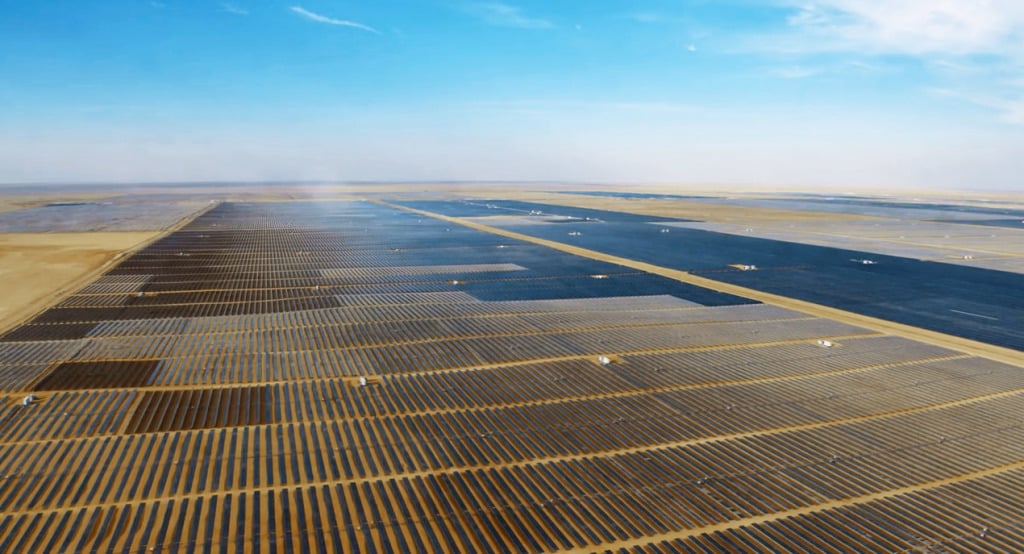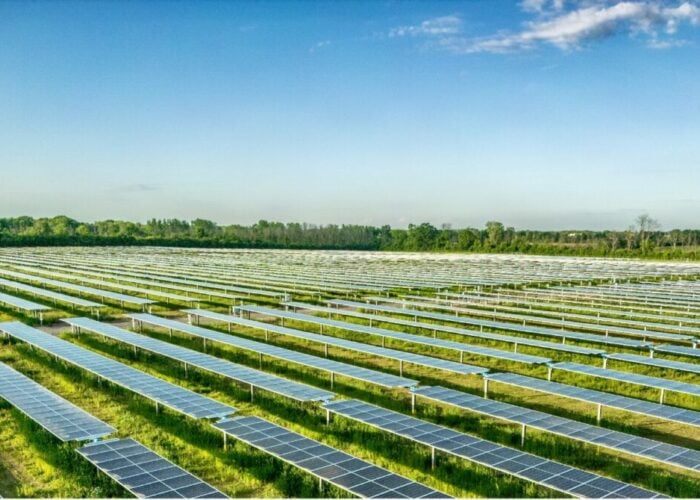
Chinese solar manufacturer Astronergy has secured two contracts to ship 1GW of n-type solar modules to a proposed 2GW solar PV portfolio in Algeria.
The contracts were tendered by two Chinese state-owned infrastructure companies, the China International Water & Electric Corp (CWE) and the Power Construction Corporation of China (POWERCHINA). Both companies are closely associated with Beijing’s Belt and Road Initiative, the global infrastructure development and funding programme.
Try Premium for just $1
- Full premium access for the first month at only $1
- Converts to an annual rate after 30 days unless cancelled
- Cancel anytime during the trial period
Premium Benefits
- Expert industry analysis and interviews
- Digital access to PV Tech Power journal
- Exclusive event discounts
Or get the full Premium subscription right away
Or continue reading this article for free
Algeria’s state-owned power utility, Sonelgaz, proposed the 2GW solar portfolio plan to build 15 PV projects across the country, ranging in capacity between 80MW and 220MW.
Astronergy secured supply deals for six of these projects: the 80MW Abadla plant, the 220MW Batemete plant, the 200MW Gueltet Sidi Saad plant, the 200MW Douar El Maa plant, the 80MW Ouled Djellal plant, and the 220MW Biskra plant. All of these will be constructed by CWE and POWERCHINA using tunnel oxide passivated contact (TOPCon) modules from Astronergy.
The company said that the 220MW Biskra project has already begun construction using Astronergy’s ASTRO N5 TOPCon solar modules.
Fellow Chinese solar module manufacturer JinkoSolar announced a 150MW module supply deal in July to supply two solar PV projects in Algeria.
Astronergy said that Algeria – and Africa more generally – is an “important market” for its future operations. In addition to the 2GW plan from Sonelgaz, the Algerian government issued a tender in 2022 seeking 1GW of solar PV capacity for projects between 50MW and 300MW capacity.
In 2020 the Algerian government unveiled a plan seeking to add 4GW of solar PV capacity by 2025. Solar was the sole renewable energy technology that the government said it would pursue.






